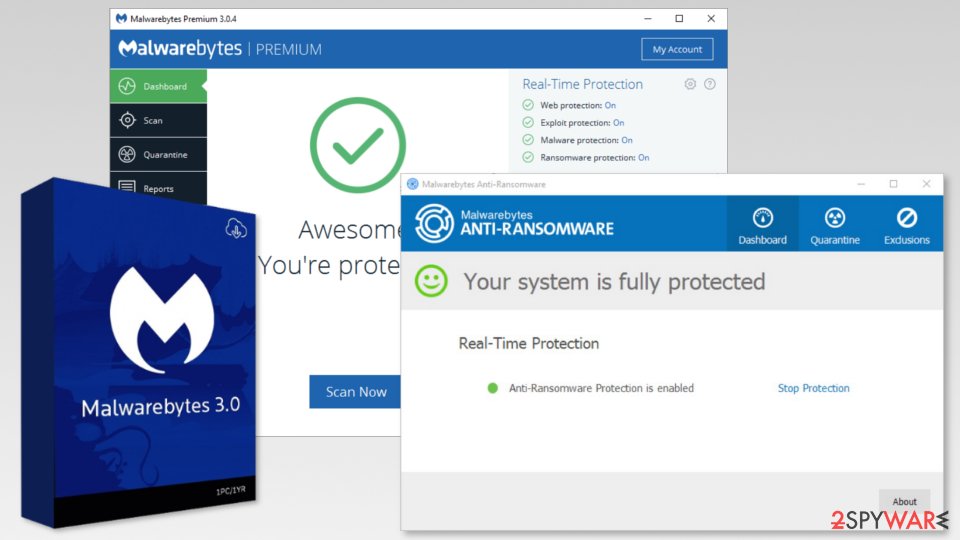

USB-C cables and wireless chargers have also been credited as more secure options. “Don’t let a free USB charge wind up draining your bank account,” the FCC website warns.Ĭustomers have been encouraged to bring their own USB cord and plug into an electrical outlet or a portable charger. Such data could inevitably be sold to other bad actors. It’s not clear how common “juice jacking” is, with few instances of the malware theft tactic reported publicly.īut experts have warned that complete access to a person’s phone through “juice jacking” could mean hackers having access to personal data, including credit card information. When asked about the more recent updates, officials told Axios that the announcements were apart of a regular reminder on the issue. The FBI and Federal Communications Commission (FCC) released similar warnings with the term in 2021. The practice known as “juice jacking” was first coined in 2011 after researchers created a charging station to show the potential for hacking at such kiosks, the Washington Post reported. Carry your own charger and USB cord and use an electrical outlet instead. Bad actors have figured out ways to use public USB ports to introduce malware and monitoring software onto devices. When he's not writing, you'll probably find him hitting the gym, trying to ace a new hobby, reading his textbooks, or traveling.Avoid using free charging stations in airports, hotels or shopping centers. In addition to his role at AP, Arol is also a staff writer for sister site MakeUseOf, where he writes mostly about computing. You'll normally find him covering news, although he has also written the occasional deal, buyer's guide, how-to post, and round-up. While he's a technology lover at heart, he holds Android phones, and smartphones in general, close to heart. Arol brings half a decade of writing experience, and the occasional hot take, to his writings. He transitioned to a news and feature writer role at XDA Developers that same year, where he worked until 2021 before making the jump to AP.

Years later, in 2017, he got his true start in tech journalism working for a small Google-focused site called Pixel Spot.

He first began writing online for the short-lived portal of Spanish-language gaming forum Emudesc in 2013. Arol is a tech journalist and contributor at Android Police.


 0 kommentar(er)
0 kommentar(er)
